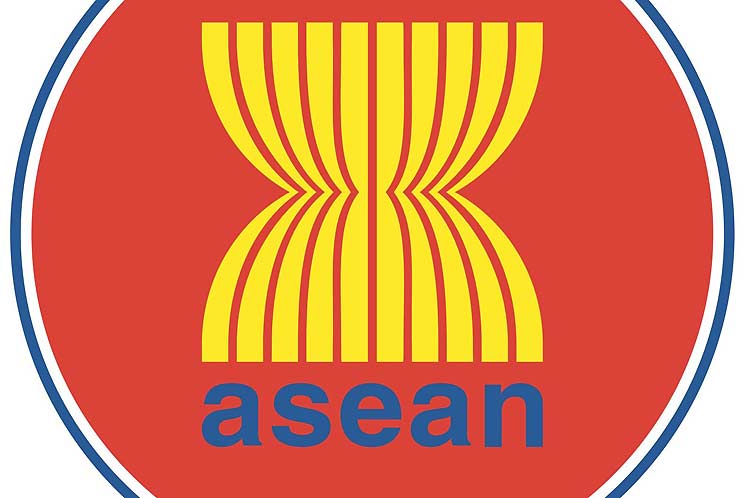BNP Paribas AM . Bank Conducted a global study on the number of women on the board of directors prior to the start of the annual season of general meeting of shareholders. The study compares 3,500 companies the director invests in with 17,000 companies listed in the Corporate Shareholder Services (ISS) database.
The study shows the effectiveness of the entity’s policy with regard to voting and dialogue with shareholders, and concludes that:
- Women make up an average of 25% of the boards of directors of companies in which BNP Paribas Asset Management invests, compared to 18% for the broader world of listed companies.
- Regional differences are significant. Europe, South Africa and Australia are among the most advanced countries in terms of managerial parityWhile Asia, South America and the Middle East are less diverse.
- Company size, country of incorporation, and local legislation have a significant impact on levels of female participation in boards of directors and are key factors that investors should consider.
Notable differences by region
As a source of superior financial performance and long-term sustainable value creation, diversification is one of the pillars of BNP Paribas Asset Management’s global sustainability strategy. In 2019, the director presented specific voting criteria at the general meeting of shareholders on gender diversity, which were subsequently reinforced and vary by region. For Europe, North America, Australia, South Africa and New Zealand, a minimum of 30% of women on boards is applied, compared to 15% for Latin America, Asia, the Middle East and Africa (such as South Africa), regions considered less advanced in terms of diversity. Board diversity is also incorporated into the Director’s ESG3 rating methodology.
Among the regions where BNP Paribas AM applies a minimum threshold of 30%, female participation on the boards of companies in which it invests exceeds this level in Europe (34%), Australia and New Zealand (35%) and South Africa. (33%), but an average of 27% in the United States. For the wider world of companies included in the ISS database, none of these regions reached the 30% threshold.
In regions with at least 15%, female participation on portfolio company boards averaged 29% in Africa (eg South Africa) and 16% in the Middle East, while neither did Asia nor Latin America (both at 12%). to a minimum. However, these lower levels mask noticeable differences between countries, for example, in Southeast Asia, Malaysia, Singapore and India are more diverse than their neighbours. A similar pattern exists within the broader universe of emerging regions, with the average being 10% and only Africa (such as South Africa) featuring an average of 22%.
These geographical differences must be viewed in the context of the economic, social, cultural and organizational environment. In particular, large-cap companies tend to incorporate diversity issues more easily than smaller companies. Likewise, the presence of statutory quotas, such as those required by the Copé-Zimmerman4 law in France, or more recently in Germany, also affects the level of women’s participation in councils.”
Orsolya Gal, Senior Supervision Analyst at BNP Paribas AM
Greater focus on participation and voting policy for BNP Paribas AM
During the general meeting season 2021, BNP Paribas AM declined to appoint 37% of the board of directors, mainly due to diversity issues. This increased level of opposition (compared to 20% in 2018, 29% in 2019 and 36% in 2020) demonstrates the director’s strong conviction and efforts to increase women’s participation on the board.
In 2021, the largest increase in BNP Paribas Asset Management’s opposition fee occurred in Asia, as a direct result of the 15% threshold being introduced in the same year. In Japan, for example, the director opposed 57% in 2021, up 20 percentage points from 2020. The same phenomenon was observed after the implementation of the “30% rule” in Europe and North America, where opposition rates increased dramatically between 2019 and 2020, from 13% to 22% and 36% to 51%, respectively.
Besides voting, BNP Paribas Asset Management also maintains its commitment to companies through direct dialogue with those that do not comply with its voting policy. In 2021, the director held discussions with 36 companies, 13 of which subsequently adopted changes in line with their voting policy requirements.
This underscores the critical role that investors play in increasing the levels of women’s board membership, both through voting and in promoting dialogue with companies.
“Our voting policy now includes a target of 40% women on the Board of Directors by 2025. Despite inequality in some areas, we should be pleased with the progress made, attest to the effectiveness of our engagement activities, and keep our dialogue with businesses open to support As a committed shareholder, our requirements are ambitious, despite our awareness of the reality of the market. If we were to ask for a minimum of 40% now, 39% of companies in Europe and only 3% in Asia would meet the criteria.”
Michael Herskovitch, Global Director of Supervision or Responsible Investment at BNP Paribas AM

“Beeraholic. Friend of animals everywhere. Evil web scholar. Zombie maven.”







More Stories
This is an innovative olive oil designed to be mixed with any type of milk
Dollar: closing price today, April 24, in Bolivia
Zegna opens the year with an 8% increase, making up for lower sales in China in America